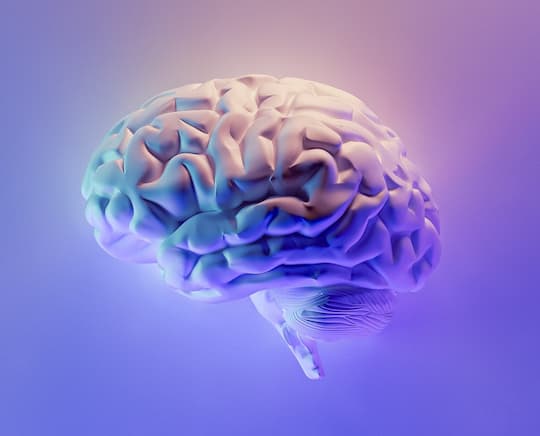The more alcohol people drank, the greater the damage to the cerebral cortex.
High alcohol intake can lead to a thinner cerebral cortex, research finds.
The cerebral cortex is the layer of neurons that supports most higher-level cognition.
However, the brain damage caused by drinking is not an all-or-nothing phenomenon.
The more people drank, the greater the damage to this area of the brain.
The irony is that alcohol damages the very areas of the brain that are responsible for controlling alcohol intake.
However, people who had been alcoholics but now abstained showed the brain can recover.
Dr Catherine Brawn Fortier, the study’s first author, said:
“We now know that alcohol has wide ranging effects across the entire cortex and in structures of the brain that contribute to a wide range of psychological abilities and intellectual functions.”
Alcohol affects both the gray and white matter in the brain.
The greatest impact, though, is seen in the temporal lobes.
Dr Fortier explained:
“These brain areas are critical to learning new information and, even more importantly, in self-regulation, impulse control, and the modification of all complicated human behaviors.
In other words, the very parts of the brain that may be most important for controlling problem drinking are damaged by alcohol, and the more alcohol consumed, the greater the damage.”
How alcohol affects the cerebral cortex study
The conclusions come from brain scans of 65 people, some of whom were recovering alcoholics and others who were nonalcoholics.
Dr Fortier explained the study’s results:
“First, the outermost layer of cortex across the entire brain was reduced in our sample of recovered alcoholics.
Second, alcohol’s effect on the brain is continuous across a wide range of drinking behavior and appears to be dose specific.
Pathology is often thought of as occurring as an all-or-none phenomenon — you either have brain damage or you don’t.
This study shows that the damage occurs in gradations, and the more you drink, the greater the damage.”
Dr Fortier concluded:
“A widespread reduction in cortical tissue in recovered alcoholics indicates that even with abstinence, cognitive abilities are compromised in former drinkers.
Severe reductions in frontal brain regions can result in a dramatic change to personality and behavior, taking the form of impulsivity, difficulty with self-monitoring, planning, reasoning, poor attention span, inability to alter behavior, a lack of awareness of inappropriate behavior, mood changes, even aggression.
Severe reductions in temporal brain regions most often result in impairments in memory and language function.”
The study was published in the journal Alcoholism: Clinical & Experimental Research (Fortier et al., 2011).

